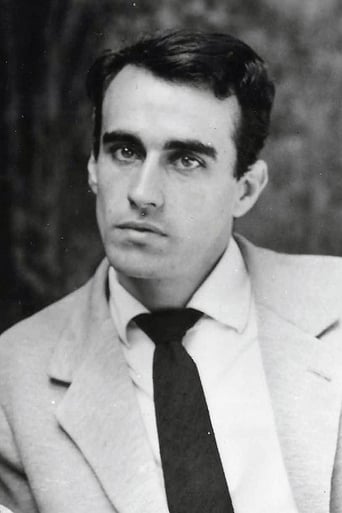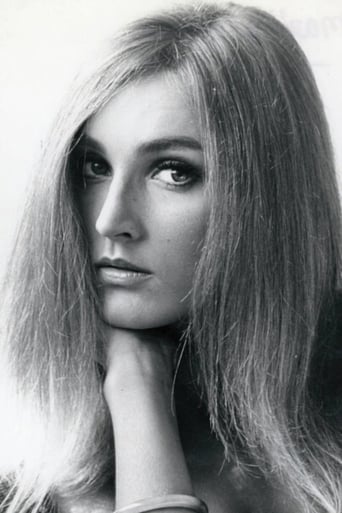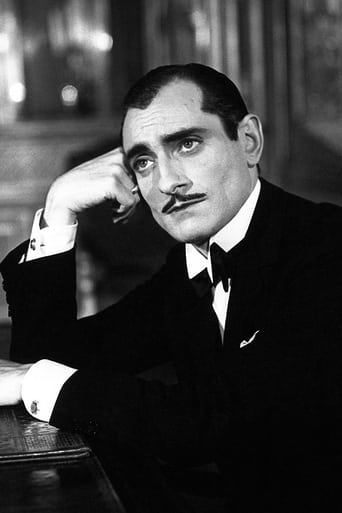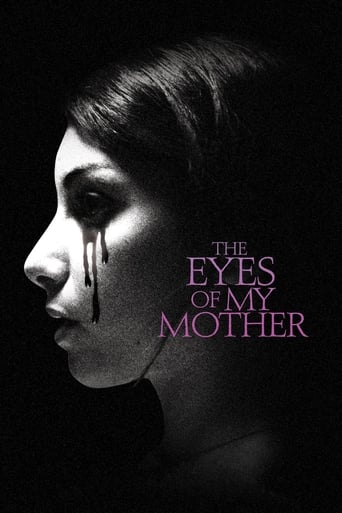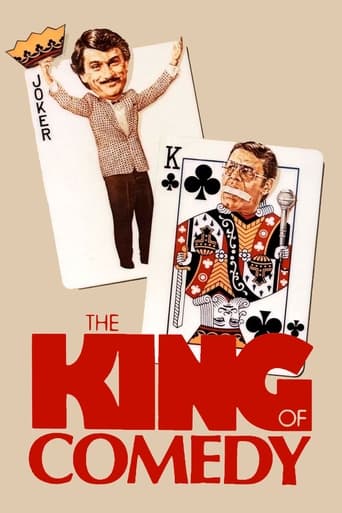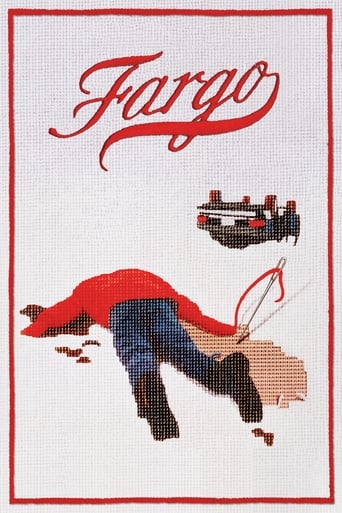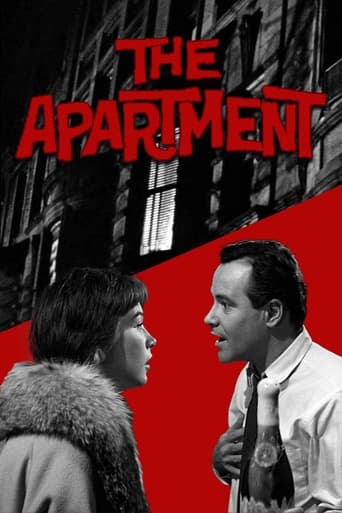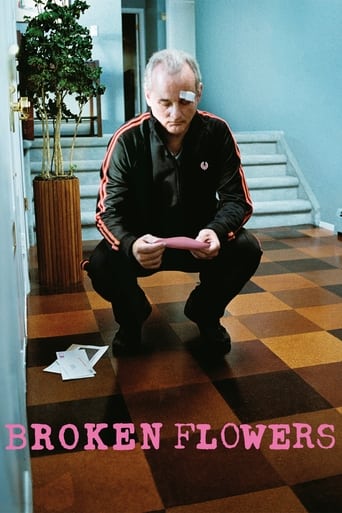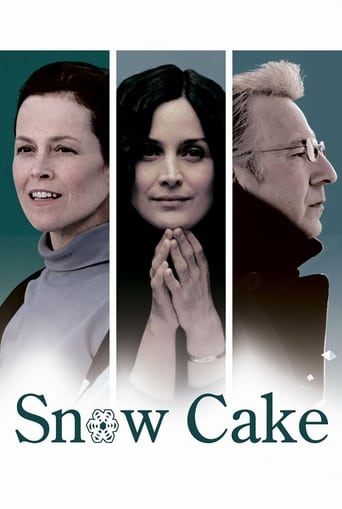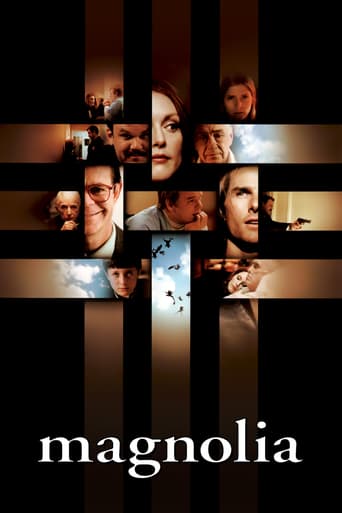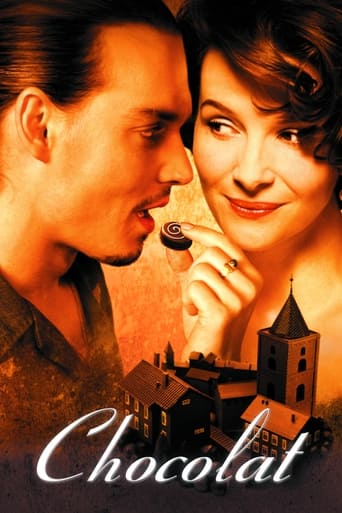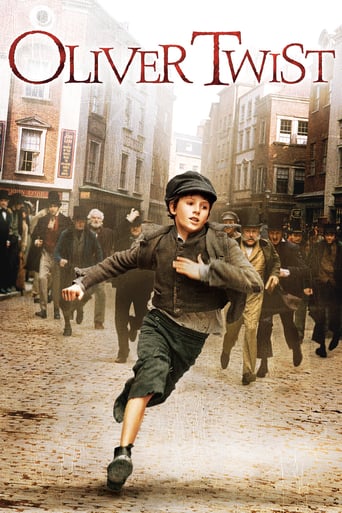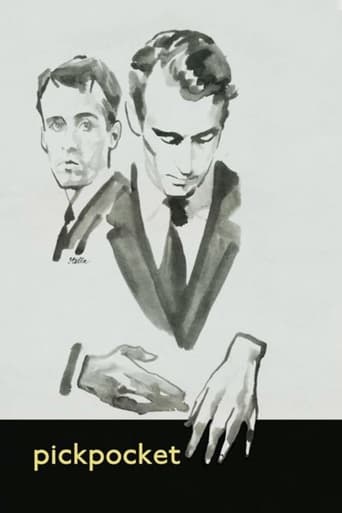
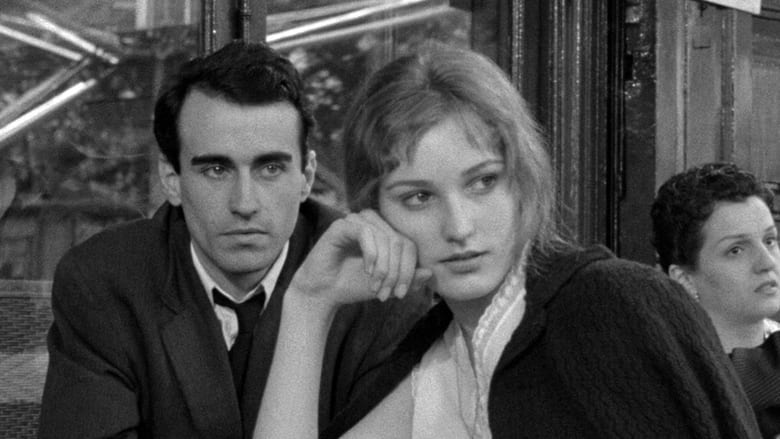
Pickpocket (1963)
Michel takes up pickpocketing on a lark and is arrested soon after. His mother dies shortly after his release, and despite the objections of his only friend, Jacques, and his mother's neighbor Jeanne, Michel teams up with a couple of petty thieves in order to improve his craft. With a police inspector keeping an eye on him, Michel also tries to get a straight job, but the temptation to steal is hard to resist.
Watch Trailer
Cast


Similar titles
Reviews
Some reviewers say that "this film is not for regular film-goers but for people with a better appreciation for art", but there is only one criterion for a true work of art; an original expression appealing to the heart. Criterion, in its introduction to one of his films says: "...Robert Bresson began to implement his stylistic philosophy as a filmmaker, stripping away all inessential elements from his compositions, the dialog and the music, exacting a purity of image and sound.". He also refrained from using professional actors. We'd better watch documentaries. This film, with its "wooden" acting, lifeless dialogs, monotonous tempo, unnecessary narrating voice, stolen but frozen version of "supermensch" argument of Nietzsche (religiously criticized in Dostoevsky's Crime and Punishment with PASSION -lacking 100% in this film) leaves nothing to enjoy. All to one side; an "art" film avoiding everything popular tries to display the "subtleties of pickpocketing", orchestration of gang members in operation (without success due to non-fluid editing done) "a la Hollywood"in order to add some life to this otherwise worthless drama. I have watched a few films by Bresson: "Les dames de.." lacks emotion. "Diary of a Country Priest" is advisable only to priests. "A ManEscaped" is much better since it does not preach and has a nice change of tempo at the end.
This early Bresson piece is an interesting but ultimately flawed work.Clearly influenced by Italian neo-realism, non-professional actors are used throughout the film. Unlike in neo-realist works though, where a deep sympathy for the protoganist is established, there is a cold, distancing effect in this film that means one feels little sympathy. This disengagement also means the viewer quickly loses interest in the proceedings. Telling the story via the device of the character writing his memoirs from behind bars should have generated interest but he is so distant it is obvious the character does not really understand himself, let alone anyone else.The main character however, does have the potential to be a fascinating figure. Drawn to the life of a pickpocket through feelings of superiority and of being above society's laws, he descends into paranoia as the law pursues him. He plays a cat and mouse game with the authorities, though who will win is never in doubt to the observer.Likewise, the scenes of pick-pocketing lack suspense or interest. Indeed, his existence seems all the more mundane for them; he is no more interesting than a mere accountant going about his work. Whilst this may be potentially subversive for those expecting a traditional crime/heist suspense film (indeed the audience is warned from the outset not to expect one), they do not offer any more insight into the character. In addition to this, his bouts of reclusivity also do nothing to offer invoke sympathy. This is a pity as recluses are rarely depicted on film and when they do so, it is never in a positive light nor is little insight given into why they may reject or fear the callous world around them. As in this case, they are merely shown to be paranoid.Aside from this descent into paranoia, there is little character development until the film's end. The protagonist remains arrogant and aloof and his attempts at reforming are half-hearted until his final redemption after his period of reflection behind bars. The character of the law enforcer has little voice and is really just a personification of the forces of justice. Likewise, the females invoke sympathy but are of little interest in their own right.Bresson's spartan style is not yet mature here and the religious themes for which he would become renowned do not show through. Ultimately, though, this film is a wasted opportunity. With a tightened screenplay and better evocation of the characters' emotions it could have been one of Bresson's masterpieces.
Some wag once suggested that civilization try to tap into the ontological Angst generated in the brain of Jean Paul Sartre and convert it into electrical energy. It would keep the City of Lights ablaze. Someone else suggested that France has three religions: Catholicism, Protestantism, and Atheism. I wonder if the two proposals aren't in some way congruent. Look at it this way. The whole purpose of religion is to keep you feeling guilty enough to support it. The Atheists don't have that kind of guilt, so they feel guilty about not having it. And all that existential spontaneity? Pure denial. Is it any wonder that Sartre bit his nails? I'd never seen any of Robert Bresson's work, though I'd often seen it referred to, and I was a little wary of watching this one. I thought it would turn out to be some highbrow allegory with no picking of pockets at all, just a mutual picking of equally gloomy minds, and all of it taking place in the rain.But actually, Michel LaSalle, is really a pickpocket. He's alienated from everyone else, lives alone in a crummy flat, visits his dying mother only reluctantly. He makes what I think is called a distant acquaintance of an alluring neighbor, Marika Green, who is tending Michel's mother out of compassion.Michel falls in with a couple of other pickpockets and there are several close ups of hands lifting wallets and unsnapping watches and slipping them into a confederate's pocket. The confederates aren't friends. They don't smile or laugh. Nobody laughs. They silently go about their routines, like the pod people in "Invasion of the Body Snatchers" or guests at a Seder hosted by Lutherans.Michel has already been caught once by the cops, who release him with a warning, but they continue to taunt him, following him around, trapping him finally at a race track. At one point, the Chief Inspector, Jean Pelegri, visits Michel and tells him the story of a boy who went bad. "Who was it?" "Why, it was you," replies the inspector.Well, Michel is a skinny, sensitive-looking young guy who tortures himself over his criminal acts, reads books, and he and his neighbors are very poor, and in other ways the endoskeleton of "Crime and Punishment" shows through the jailhouse pallor of the story. But that's okay.Still, all the way through, I kept trying to imagine how Michel, with no other source of income except what he picks off others in public, and what he earlier stole from his own mother, could subsist at all, especially after he starts having to split the take three ways with his two colleagues, about whom he knows nothing of importance. I mean, you can't WEAR half a dozen watches on your wrist. You have to hock them or fence them, right? And then you get ten centimes on the dollar? And how much can you make lifting wallets from strangers on the Metro, even if you're good at it? To prove it's a difficult way to make a living, I now extract my own wallet from my right rear trouser pocket (not from the easily picked breast pockets that Michel keeps sliding his fingertips in) and how much do I have? Let me see. Eighty-two dollars! Wait a minute. Is this somebody ELSE'S wallet? Nope. Wow. Must have cashed a big check lately. You'll have to take my word for it that the usual amount only infrequently runs to double digits.The Introduction tells us that this movie is not a policier (which the subtitles translate as "thriller") but a story of two souls finding each other. One soul, of course, is Michel. The other is Marika Green as Jeanne. Now, Marika Green has the face -- the cherubic lips and large bright eyes -- of one of those old-fashioned dolls made of porcelain. Any man would happily throw himself at her feet and grovel, though I'm not sure about Michel. But, boy, if this romance is supposed to be the heart of the story, it is very clumsily handled. It's anything but organic. The two have exchanged only a few words before, and I don't think they've ever touched, yet at the end they go into a clinch and there is a big smooch. Maybe it's an existential act.Anyway, if I tried hard enough, I could find plenty of covert messages behind this slow, dullish, and rather uninvolving movie. But I'd never be sure I wasn't committing the Texas sharpshooter fallacy, seeing clusters of meaning where none exist.In an introduction to the Criterion Edition, Paul Schrader lauds the film because it violates the viewer's expectations regarding editing, plot, facial expressions, emotional involvement, and so forth. The usual movie conventions are discarded. He must have loved Andy Warhol's "Empire", which is a single shot of the Empire State Building from early evening until nearly 3 am the next day, more than eight hours long. That'll violate your expectations for you.Worth watching once, if only because it's widely recognized as an important film.
In Paris, the lonely and anguished pickpocket Michel (Martin La Salle) lives in a dirty little room and spends his time stealing wallets and purses in public spaces. His only friends are Jacques (Pierre Leymarie), who tries to help him to find a job, and his mother's next door neighbor Jeanne (Marika Green). After the death of his mother, Michel teams-up with two smalltime thieves despite the permanent surveillance of the local police inspector (Jean Pélégri). Later he travels overseas to get rid of the observation of the police, but two years later he returns to Paris and finds Jeanne alone, with her son with Jacques after a brief love affair. Michel decides to help her and find an honest job; but in a horse race, he is tempted by his addiction with tragic consequences.This is the first time that I have watched"Pickpocket" and I expected much more from this famous movie. The development of the lead character Michel is confused and it is clear that he is a troubled, lonely and anguished unemployed young man, but it is never clear the motives why he is addicted in stealing since he shows no ambition or dream or love. The beauty of Marika Green is impressive and she seems to love Michel since the very beginning but again her feelings are never clear. Indeed the actors and actress express no sentiments and the plot is very weird. My vote is seven.Title (Brazil): "Pickpocket"


